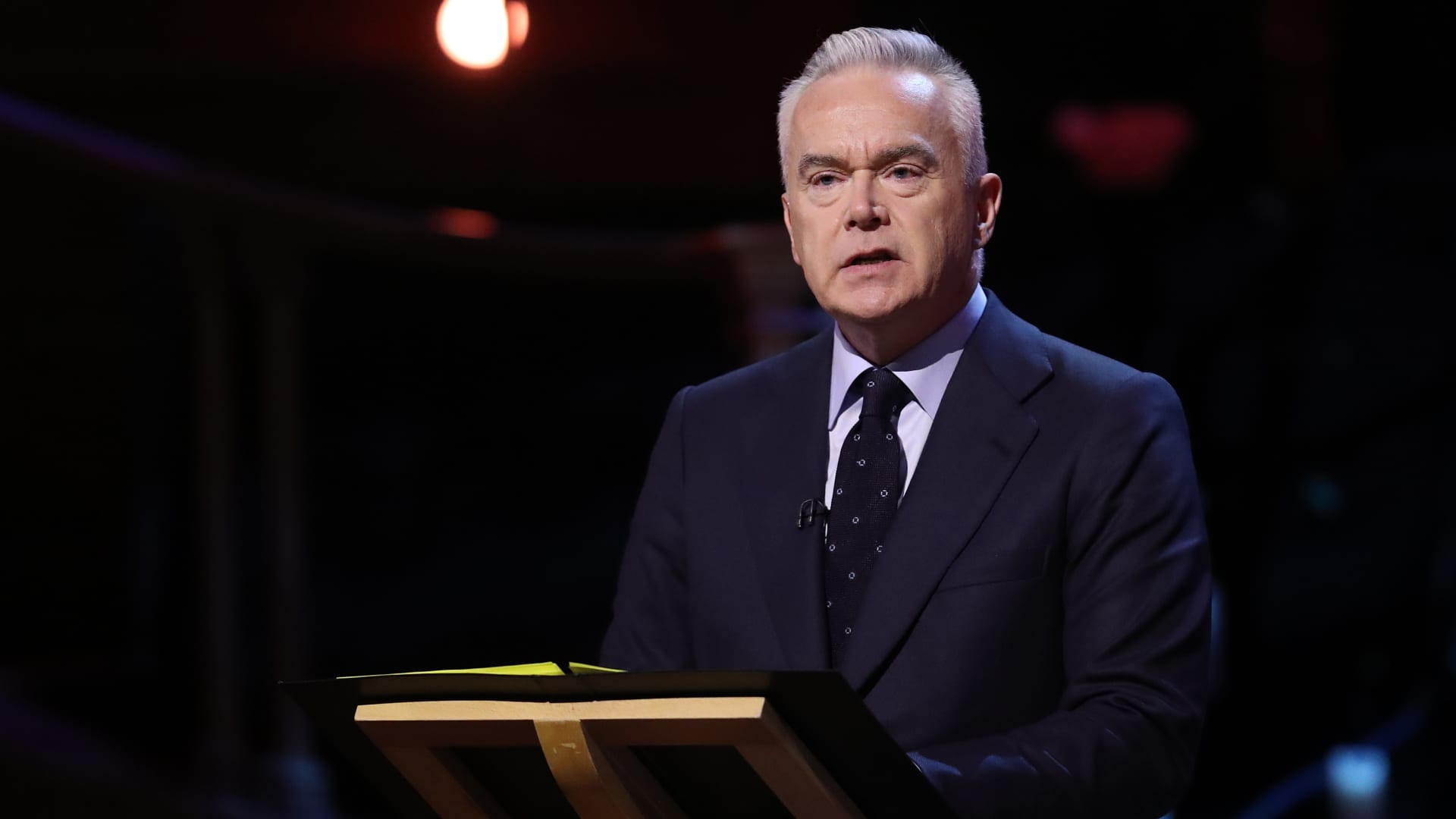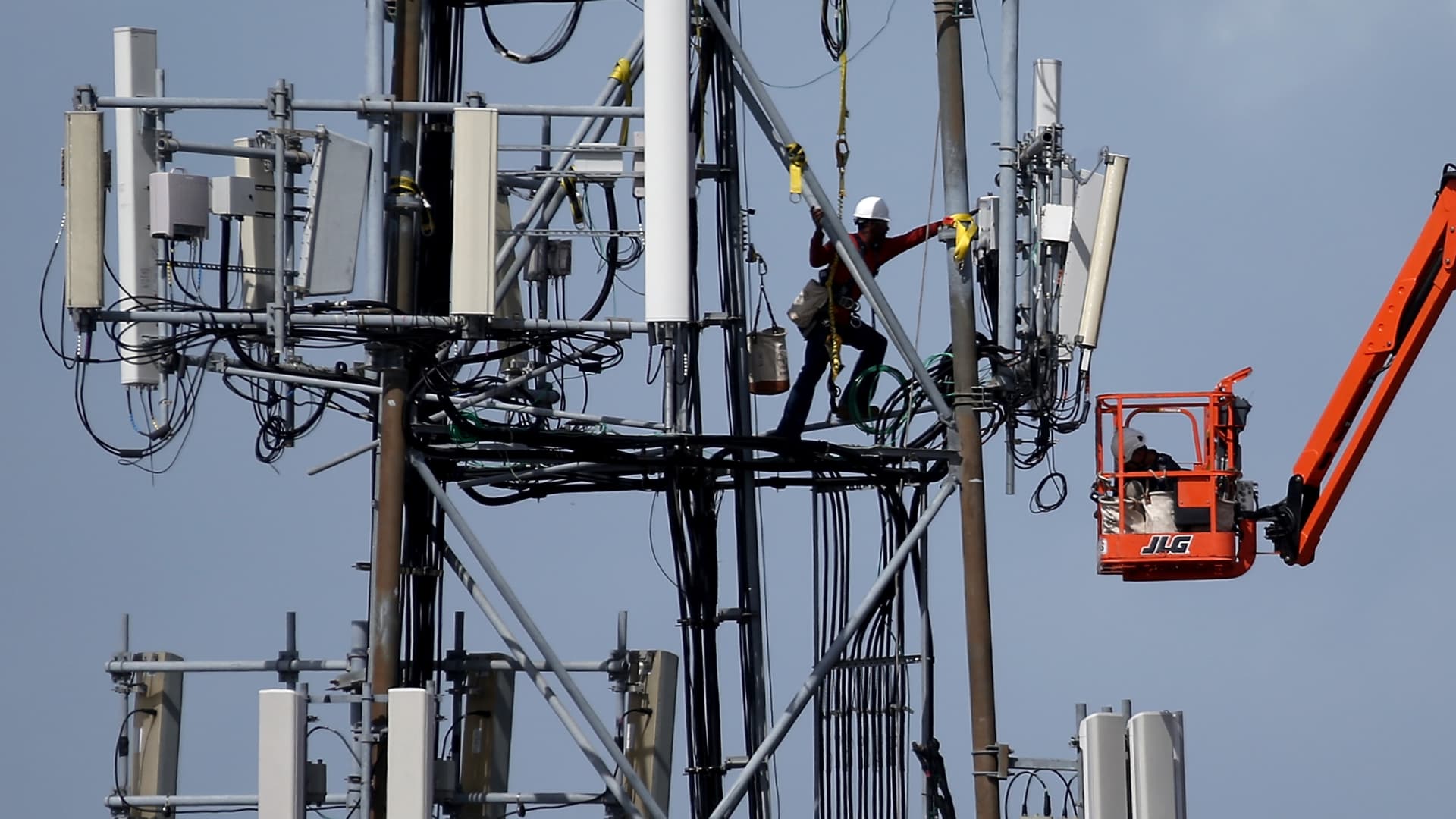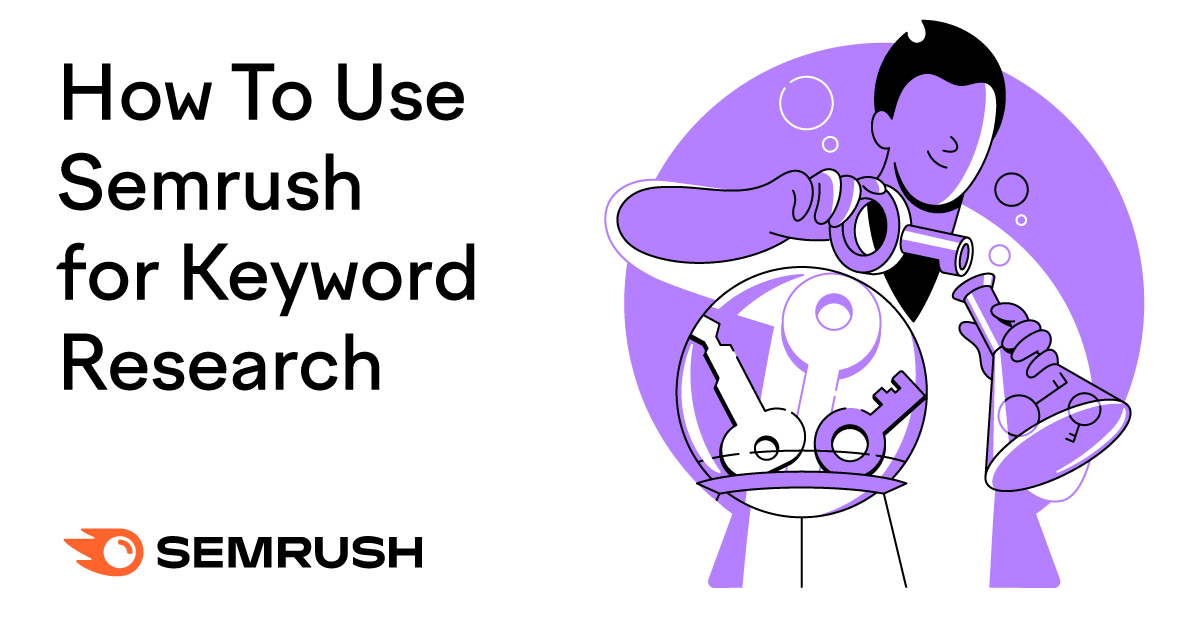
The BBC’s Broadcasting House in London, England, on July 10, 2023.
Vuk Valcic/Sopa Images | Lightrocket | Getty Images
LONDON — The BBC’s Huw Edwards has been named by his wife as the TV anchor accused of paying a teenager more than £35,000 (around $45,430) in exchange for sexually explicit photos.
According to a report in The Sun newspaper last week, citing the alleged victim’s mother, the payments are said to have started when their child was 17 — they are now 20.
After five crisis-ridden days for the British broadcaster, the wife of the previously unnamed TV anchor released a statement to the PA news agency.
“In light of the recent reporting regarding the ‘BBC Presenter’ I am making this statement on behalf of my husband Huw Edwards, after what have been five extremely difficult days for our family,” Vicky Flind said.
“I am doing this primarily out of concern for his mental well-being and to protect our children … Huw is suffering from serious mental health issues. As is well documented, he has been treated for severe depression in recent years.”
She added that her husband Edwards had “suffered another serious episode and is now receiving in-patient hospital care.”
“Once well enough to do so, he intends to respond to the stories that have been published,” Flind added.
The story developed earlier this week, when the BBC reported that a lawyer for the young person had contacted it to say that the allegations made by the latter’s mother were “rubbish” and that “nothing inappropriate or unlawful” had happened.
In a response to a request for comment on the BBC’s story, The Sun referred CNBC to its current reporting on the subject and a previous statement issued by a spokesperson for the newspaper.
“We have reported a story about two very concerned parents who made a complaint to the BBC about the behaviour of a presenter and the welfare of their child,” the statement said.
“Their complaint was not acted upon by the BBC,” it added. “We have seen evidence that supports their concerns. It’s now for the BBC to properly investigate.”
Edwards was suspended and was taken off air after the news broke last week. New allegations about the anchor’s behavior from other individuals have continued to emerge since The Sun’s original story was published on July 7.
BBC newsreader Huw Edwards
Chris Jackson | Chris Jackson Collection | Getty Images
For its part, the BBC says it had “been asked to pause its investigations into the allegations while the Police scope future work.” On Wednesday afternoon, just before Edwards was named by his wife, London’s Metropolitan Police reportedly concluded there was “no information to indicate that a criminal offence has been committed.”
Timeline of major developments
The BBC directed CNBC to a timeline of events on its website when contacted for comment.
In response to the complainant getting in touch with BBC Audience Services on May 19, the BBC says its Corporate Investigations Team made an assessment “that on the basis of the information provided it did not include an allegation of criminality, but nonetheless merited further investigation.”
The BBC said it tried to contact the complainant in May and June, but did not receive a response.
The Sun then approached the broadcaster on July 6. According to the BBC, the paper’s claims “contained new allegations” and it was on this day that the TV anchor was made aware of them.
The BBC made contact with the complainant and police on July 7, with confirmation of the anchor’s suspension coming on July 9.
Speculation and the law
The reports had led to intense speculation on social media about who the anchor was, with a number of high-profile BBC stars publicly distancing themselves from the allegations as a result.
Alongside the gravity of the allegations being made, there are also potentially serious consequences when it comes to laws on defamation and privacy.
“Individuals who post allegations about any person, including the BBC presenters whose names have been associated with these allegations, do face personal liability for those posts,” Matthew Gill, a senior associate and media disputes lawyer at London-based law firm Howard Kennedy, told CNBC.
“And if those posts were to cause BBC presenters reputational damage and the allegations were found to be untrue — either in relation to the presenter at the center of this, or others who have no connection to it — the person who tweets those tweets, or posts those posts on social media … could face legal action,” he added.
They may also, Gill explained, “be ordered to pay significant damages and costs.”
“Now, the reality is that an individual is unlikely to face legal proceedings if they tweet the name of a celebrity once online in relation to these allegations,” he said. This was because, “frankly, so many people have posted these types of allegations online over the past few days.”
“However, the celebrities who are not associated with … these allegations but have been linked to it online might consider bringing proceedings, for example, against the first people to have mentioned their name online,” Gill said.
They could also take action “against people who have decided to establish a campaign of trying to link the wrong presenters to these allegations.”







